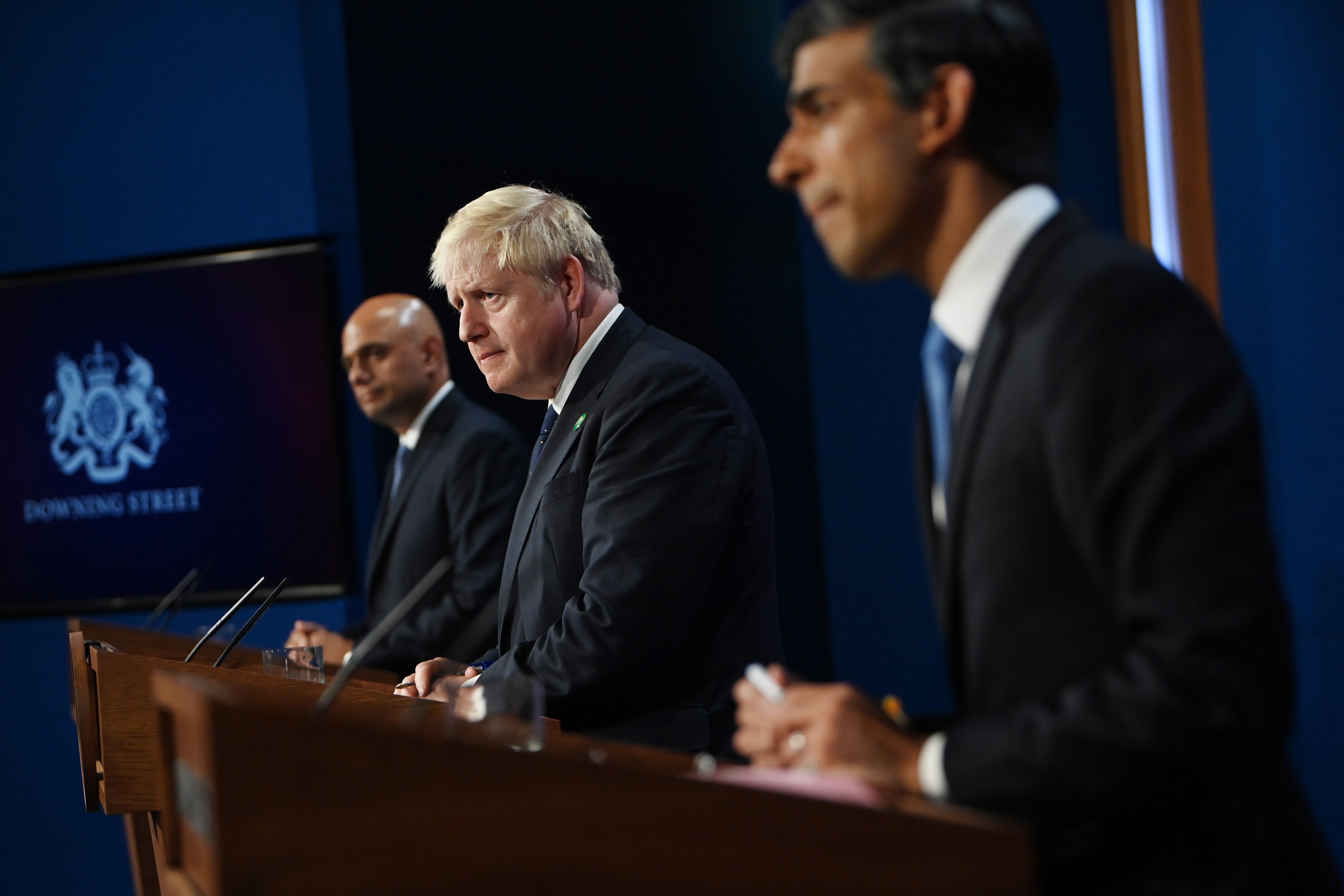Covid has devastated the north of England – the ‘levelling up’ agenda must address regional inequality
Northerners spent far longer in more restrictive types of lockdowns than the rest of the country, says Ian Hamilton. This has no doubt led to higher rates of loneliness and a poor mental wellbeing


We’ve become desensitised to the ways that the Covid-19 pandemic has wreaked havoc on lives and communities, and there is a danger that a new report by the Northern Health Science Alliance on inequality will be lost or viewed as inevitable. Uncomfortable and familiar as it might be, its damning findings must be addressed.
The Northern Health Science Alliance is a group made up of academics, policy makers and frontline NHS workers and managers. Their report focuses on how Covid has impacted the everyday lives of people living in the north of England. This is a timely analysis, as Boris Johnson has pledged to “level up” the country by reducing inequality.
We knew that inequality was entrenched prior to the pandemic but what has been shocking is the way that it has grown, accelerated by an uneven pattern of restrictions and lack of economic resilience, as well as a range of individual factors including physical and psychological health.
Among the many findings of this new report is the difference uncovered in rates of mortality, 29.4 more people per 100,000 died of Covid in the north compared to the rest of England, between March 2020 and March 2021. This represents a 17 per cent higher mortality rate in the north compared to elsewhere in England. The disparity is all the crueller as most of these early deaths were preventable, caused by pre-existing deprivation and poor health, both factors that are far from inevitable.
We all remember the shambolic handling of care homes during the early part of the pandemic, but again the impact this failure in policy and organisation had was felt more acutely in the north. Care homes in the north had 26 per cent higher rates of Covid-19 mortality compared to their counterparts in the rest of England.
Northerners spent far longer in more restrictive types of lockdowns than the rest of the country, no doubt contributing towards significantly higher rates of loneliness, a greater reduction in reported mental wellbeing and higher rates of prescriptions for antidepressants.
All this has an impact on productivity, another aspect covered in this report. The authors conservatively estimate that the unequal impact of Covid on the north will cost the economy £7.3bn in lost productivity. That’s enough to fund the entire fire service twice over and still leave a few million in change.
If “levelling up” is to be anything more than a focus group-inspired slogan, then some uncomfortable truths need to be faced. Unfortunately, if new plans for funding health and social care are anything to go by then we have a problem, as the hike in national insurance contributions will perversely see social care staff on the minimum wage funding the care of their more affluent residents.
The Spirit Level: Why More Equal Societies Almost Always Do Better makes clear that inequality isn’t just bad for those at the bottom, it negatively affects those in every section of society, including the wealthy. In short, more equal societies are better for everyone economically, socially and individually.
We are all in this together but so far we aren’t sufficiently ambitious or demanding of our politicians to create equality. We’ve become nothing more than passive observers of the deepening economic and health divisions in our society.
Join our commenting forum
Join thought-provoking conversations, follow other Independent readers and see their replies
Comments
Bookmark popover
Removed from bookmarks